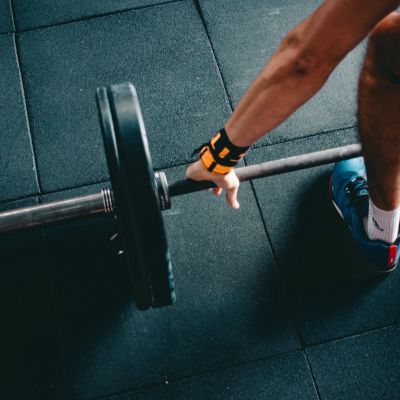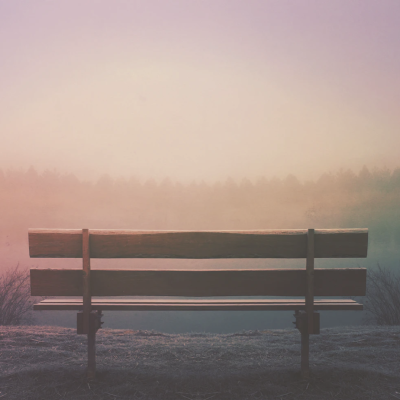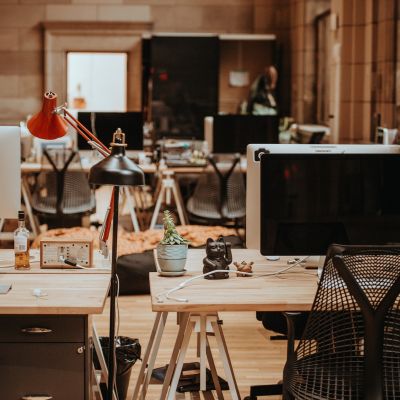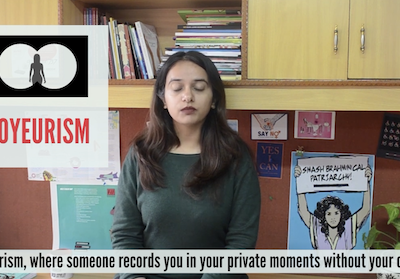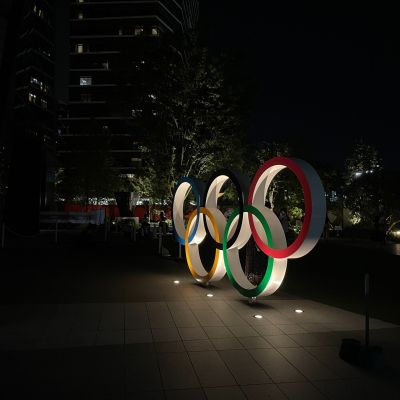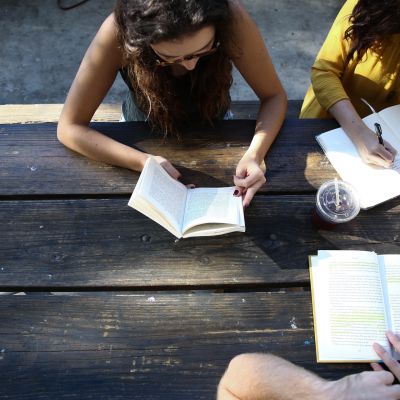gender identity
मैं उन विभिन्न जिमों के बाथरूम में बिताए अपने अनुभवों को याद कर सकता हूँ। पुरुषों का बाथरूम एक अद्भुत जगह होता है यह देखने के लिए कि कैसे यौनिकता अपने अलग-अलग पहलुओं में ज़ाहिर होती है।
तारशी की ईमैगज़ीन इन प्लेनस्पीक में हम इस महीने ‘बॉडी इमेज’ या शारीरिक छवि पर बात करेंगे। बॉडी इमेज वह…
मेरे जेंडर के बारे में उनकी प्रतिकारिता हमारी बातचीत में हर जगह होती है, लेकिन वह मुझे यह भरोसा देने में भी देर नहीं लगातीं कि मेरी ग़ैर-विषमलैंगिकतावादी यौनिकता ने उन्हें कभी परेशान नहीं किया।
What does it mean to hold space and extend compassion to ourselves and our communities? Rachel Cargle reminds us to ask ourselves: who would we be if we weren’t trying to survive? Similarly, what would care and vulnerability look like if we weren’t trying to survive? The anarchy of queerness constantly and necessarily resists the capitalist engineering of the Survival Myth: one that wants us to endure an isolated life instead of embracing it with the radically transformative joy of togetherness. Caring for yourself precedes, succeeds, and exists alongside caring for the collective.
…what is there to misunderstand
about hands that take without asking,
about silence twisted into consent
by those who have never had to be afraid?
Khusro to Bullah. Ada to Parveen
यह, वह, वो
He, she, they
Lover or Beloved? Woman or Man?
Japleen Pasricha, founder of Feminism in India, lays bare the violence women, LGBTQIA+ folks, and historically marginalised communities face in online spaces, ranging from identity theft, bullying, trolling, to having our private photographs and details disseminated without our consent and being blackmailed.
Lack of women’s representation in policy-making institutions has allowed men, often with minimal understanding and empathy, to decide what women in sports can or cannot wear. As a result, these policies have ended up undermining women’s comfort as well as agency.
I had risked so much already, not just by loving another woman, but by acting on my desires. By allowing myself to feel intimacy and connection with another queer person. Despite feeling guilt and shame, this risk had become increasingly vital to take.
I can recall my experiences in the washrooms of different gyms that I have been a member of. A men’s washroom is an interesting place in terms of how sexuality manifests itself in its various aspects. It was not unusual to see men of various kinds with strange energies in these washrooms.
A few days ago, in a telephonic conversation with my mother, I was made aware of the inadequacies of my…
The spotlight that the world’s biggest sporting event (arguably) has along with the inherent gender and sexuality bias in sport come together in how sportspersons and athletes are both perceived and perceive themselves in mainstream and social media.
Viewed from the ‘sexual-moral high ground’ of couples (especially married couples), long-term singlehood is generally labelled as a deficit, a lack,or an inability to be emotionally involved in a relationship rather than being seen as a lifestyle choice.
We live in a world where resilience is celebrated and given priority over attempting to resolve factors that force one to be resilient. Campuses shouldn’t aim to merely be inclusive of diverse individuals – they must strive to not only affirm them but also celebrate them.

